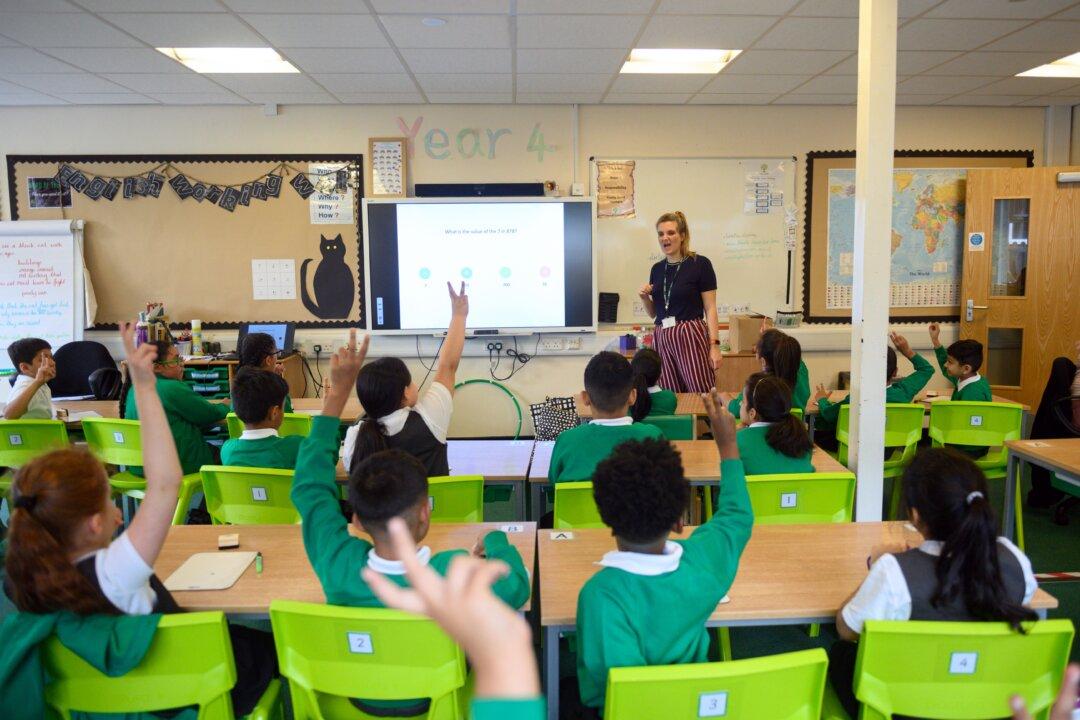Teachers in England and Wales have voted in favour of industrial action as the UK suffers worsening disruptions amid a wave of strikes in the public sector.
The National Education Union (NEU)—the largest education union in the UK—said on Monday that it plans to hold seven days of walkouts in February and March in a dispute over pay.





